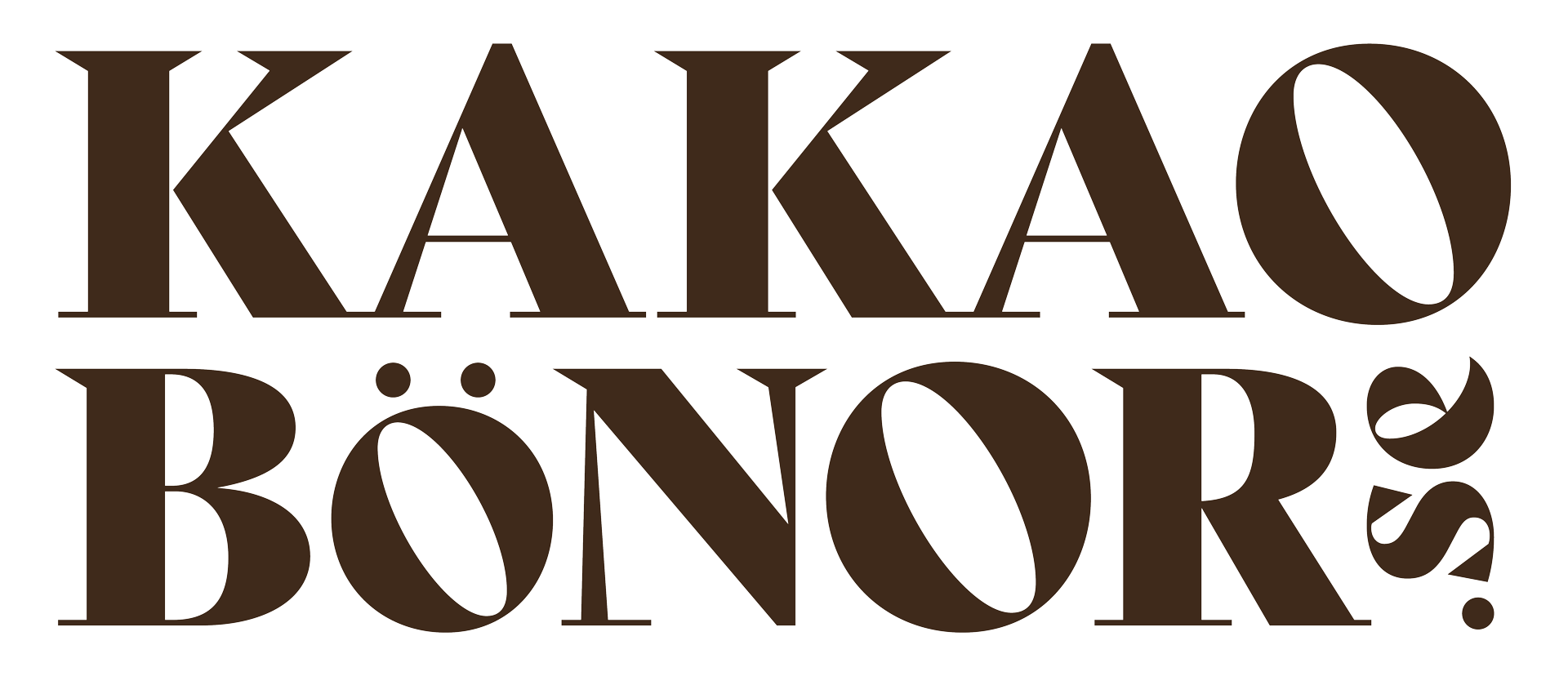Costa Rica - Upala Nahua (1KG)
Region and Country
San Carlos Plain, Northern Region of Costa Rica
Story
Maleku cacao is named after the indigenous people who still inhabit the area. Maleku folkore tells tales of the Caracche, small, one-meter high beings who inhabit the forest and who stand on top of one another to reach fruits from the trees, including cacao pods.
Nahua sources cocoa beans from select smallholder farmers in communities throughout the region. Through its Cacao Renovation Program, the company provides access to financing, technical training and social development programs to the participating farmers. The Program also focuses on preserving the environment by promoting sustainable farming practices, reforestation and the conservation of natural ecosystems.
Harvest
Main Crop: July – February; Mid-crop: March – June
Genetics
Some of the farmers grow Trinitario hybrids that have been passed on for generations. Other farmers have introduced new Trinitarios hybrids and CATIE clones.
Post Harvesting Process
The beans are collected fresh and are centrally fermented and dried. Fermentation takes place in tiered wooden boxes and moved every two days from one box to another. The process lasts a total of 5 to 6 days, depending on the weather conditions and on the proportion of clones in the mix. Drying takes place on wooden beds inside solar tunnels.
Flavour
Maleku cocoa beans are characterized by a multi-layerd character, with medium bitterness and acidity. Notes of caramel and yellow fruit accompanied by subtler earthy and coffee notes.















